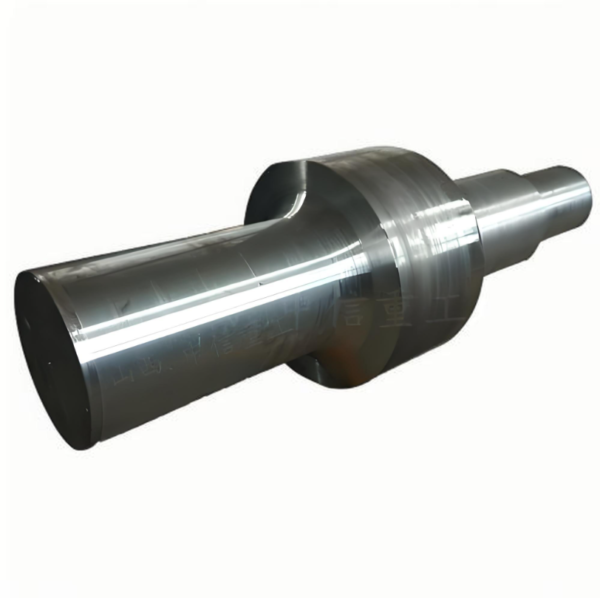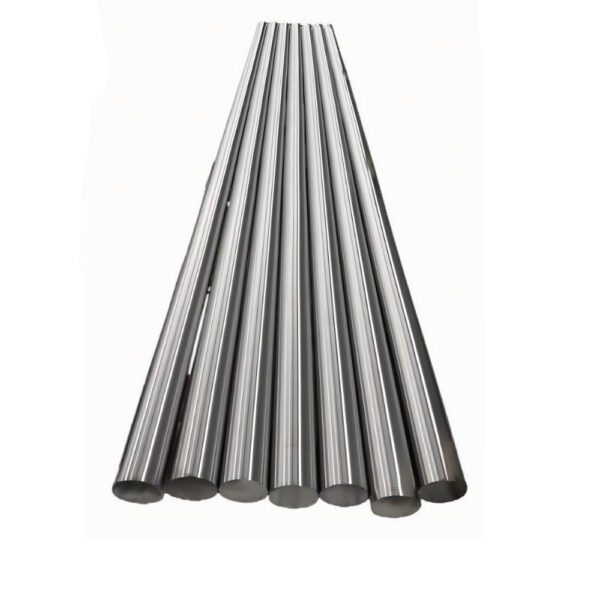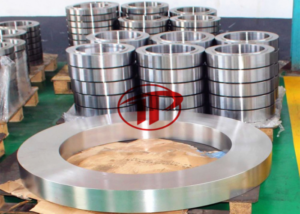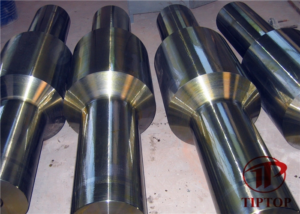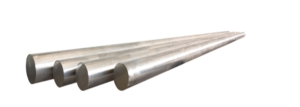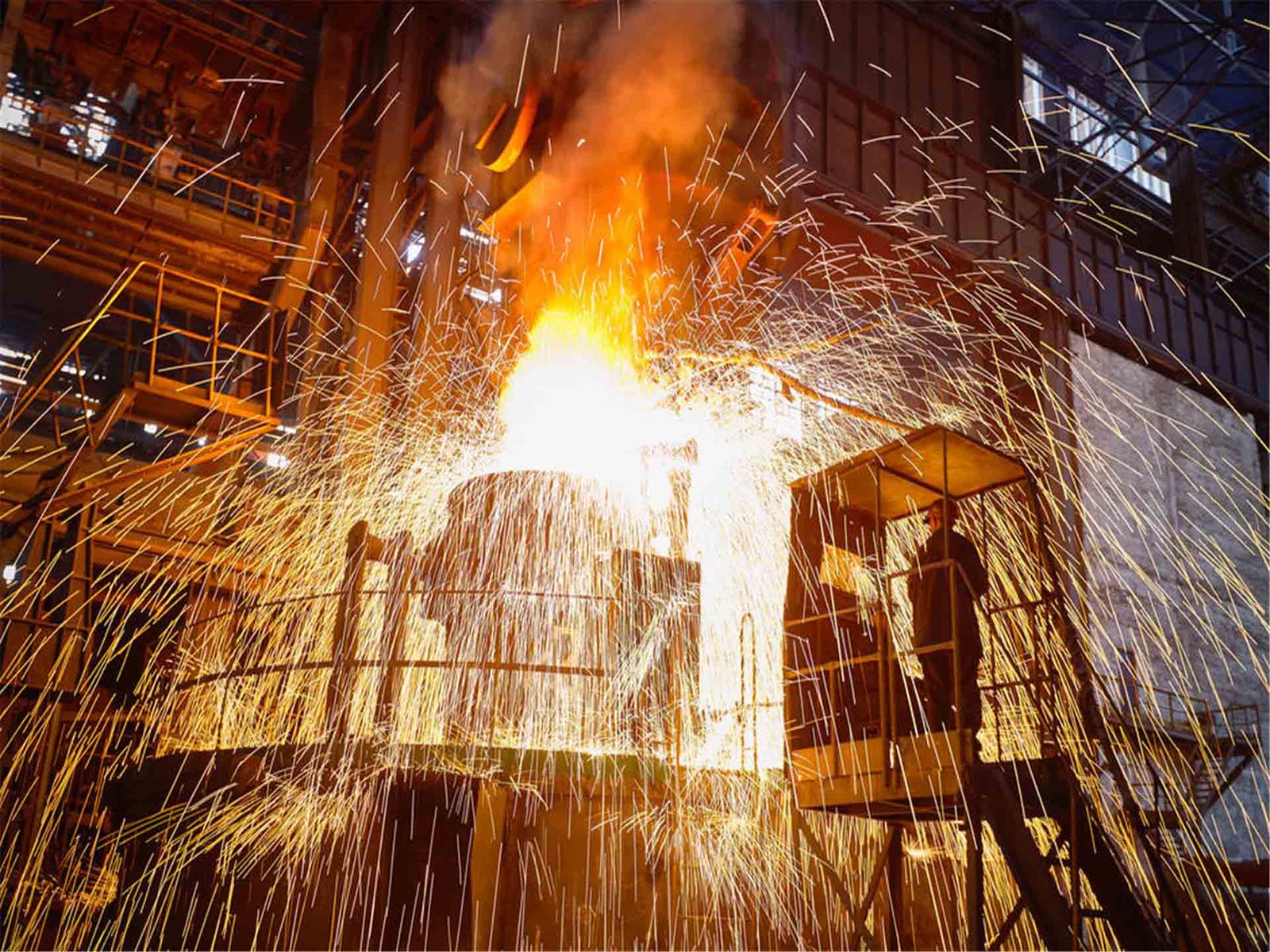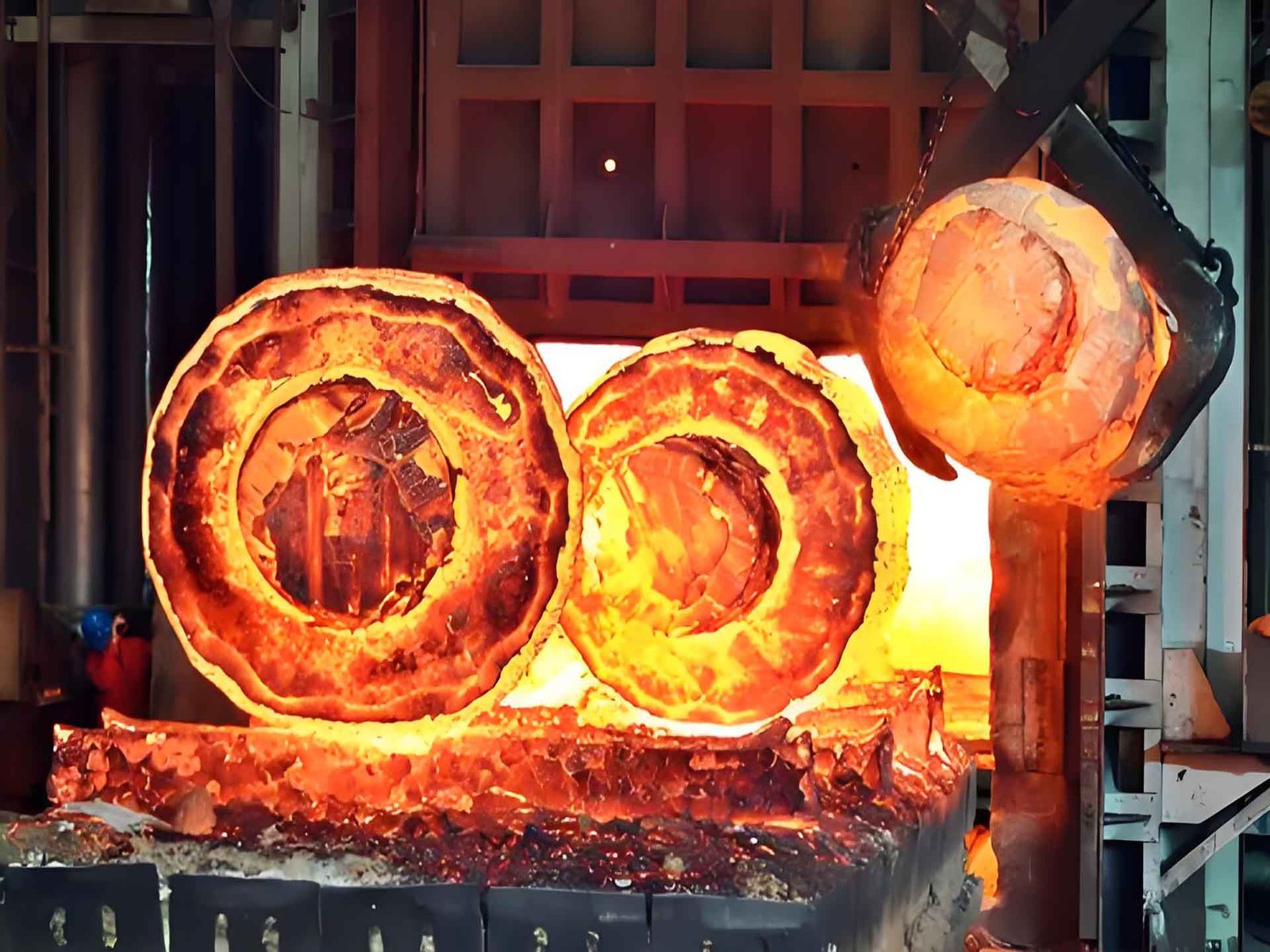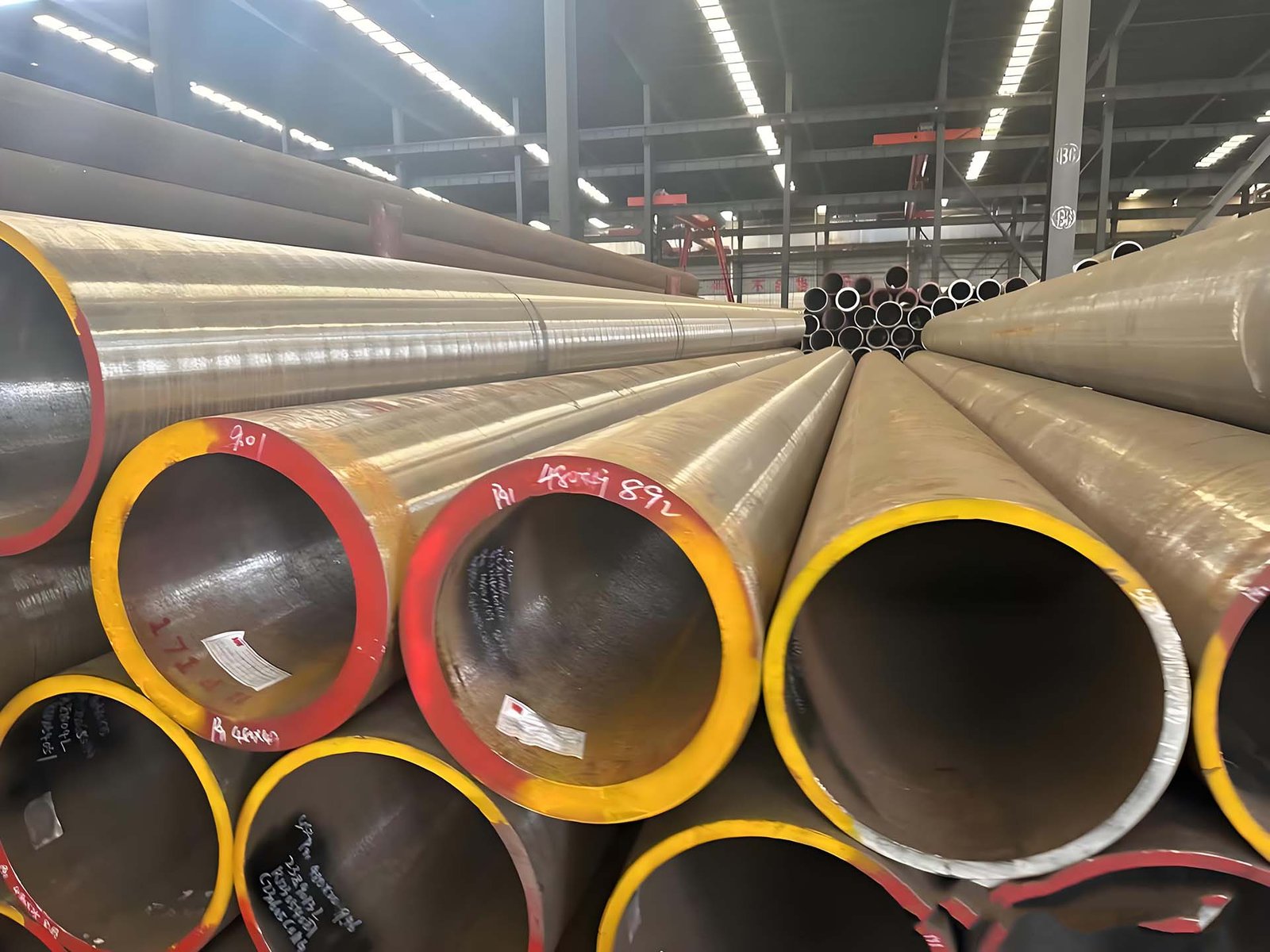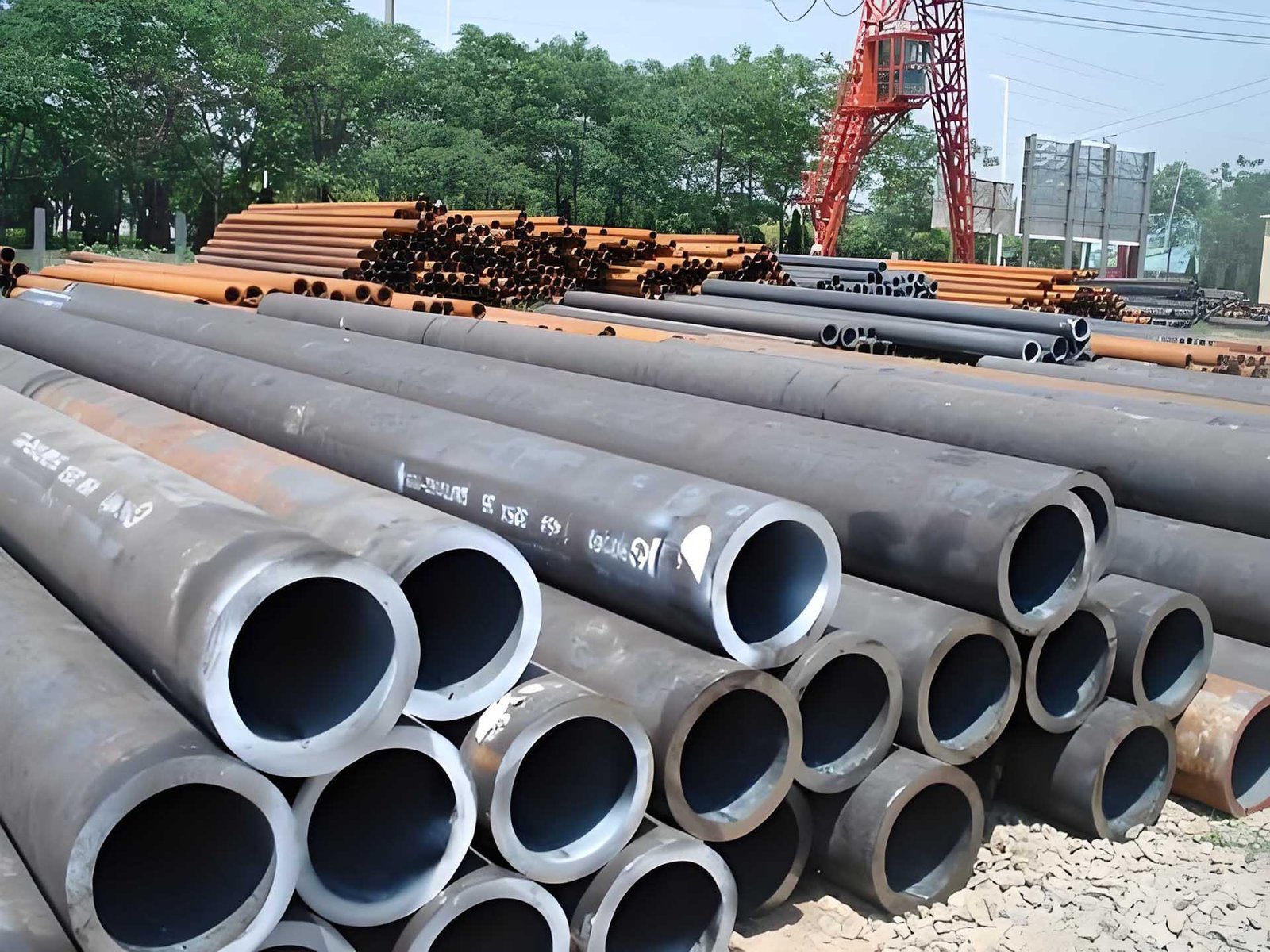Why Metal Forgeability Matters
Forging Feasibility Impacts Design and Manufacturing Decisions
The potential of a fabric to be plastically deformed underneath warmness and stress determines if it can be correctly forged. Choosing the incorrect fabric can lead to cracking, waste, or tools injury at some stage in production.
Helping Engineers and Procurement Make Smarter Choices
Prioritizing the proper cloth for forging improves phase strength, toughness, and fatigue life. It additionally reduces manufacturing complexity and common cost, making it an imperative consideration for engineering and procurement teams.
How to Determine if Your Specific Metal Can Be Forged
Review Material Properties and Standards
Check material specifications, such as ductility, toughness, and forging temperature ranges.
Consult Forging Experts or Manufacturers
An experienced forging company can assess whether your chosen metal is suitable for open die forging, closed die forging, or ring rolling.
Consider End-Use Applications Before Deciding
The intended application often dictates whether forging is the right process. For example, aerospace components typically require forged parts, while ornamental products may be cast instead.
Metals You Can Forge (Categorized by way of Type)
Ferrous Metals (Iron and Steel)
Carbon Steel (Low, Medium, High): Excellent warm forging characteristics, cost‑effective, best for a huge vary of applications.
Alloy Steel (Cr, Mo, Ni): Strong and wear‑resistant, best for engineering and structural parts.
Stainless Steel (304, 316, 410): Requires specific temperature manipulate due to its tendency to harden and structure floor oxides.
Non‑Magnetic Steel (e.g., P530/P550): Commonly used in drilling gear like subs and MWD/LWD toolstring due to its low magnetic permeability, making it perfect for precision applications.
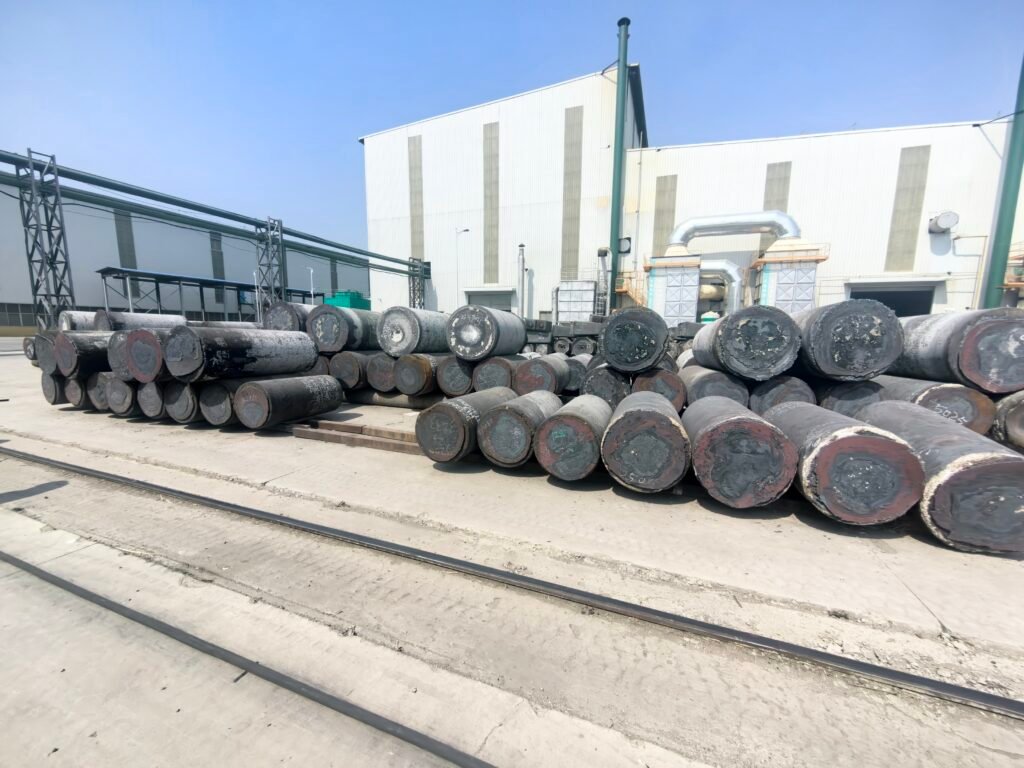
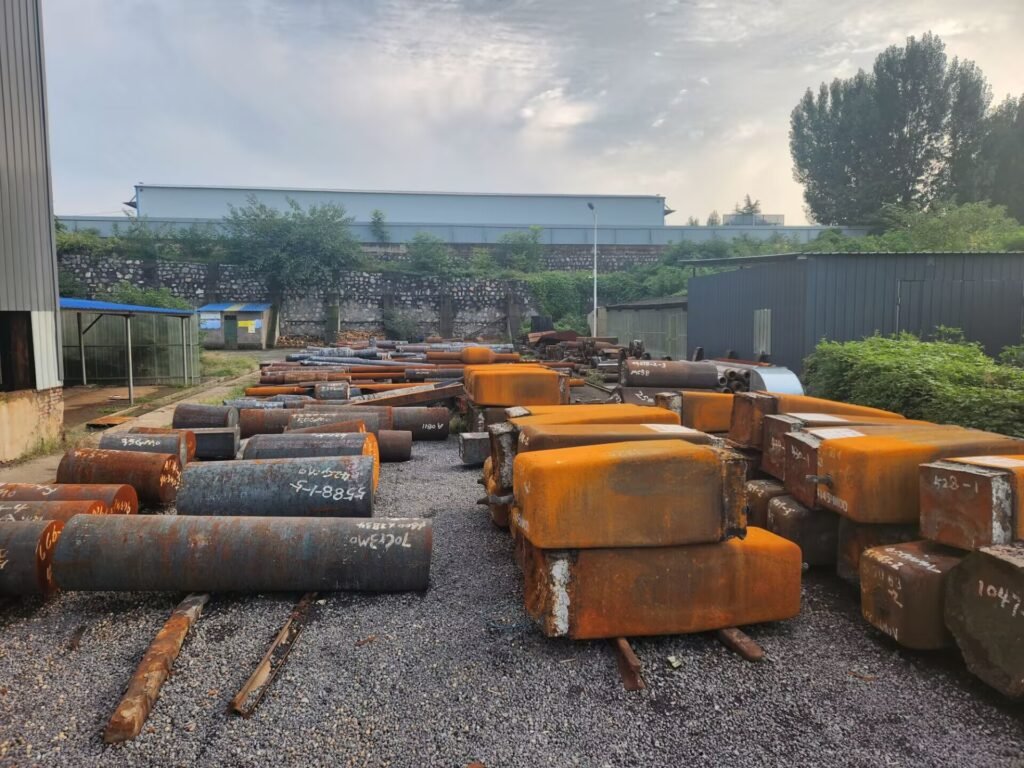
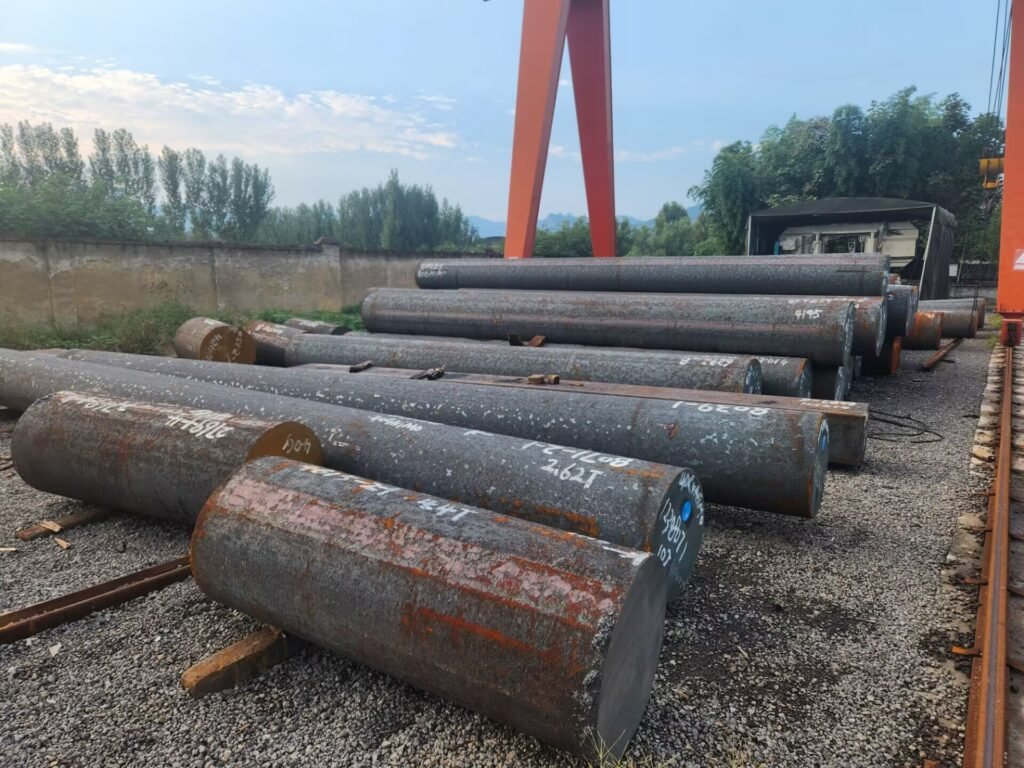
Non‑Ferrous Metals
Aluminum and Aluminum Alloys: Ideal for forging light-weight aerospace or car components.
Copper and Copper Alloys (Brass, Bronze): Excellent warm forging characteristics, used in valves, fittings, and electronics.
Magnesium Alloys: Very mild however susceptible to oxidation and ignition if now not dealt with properly.
Titanium Alloys: Strong, lightweight, perfect for aerospace and clinical industries however difficult and expensive to forge due to strict thermal and environmental controls.
Nickel‑Based Alloys: Suited for high‑temperature environments such as aerospace mills and nuclear equipment.
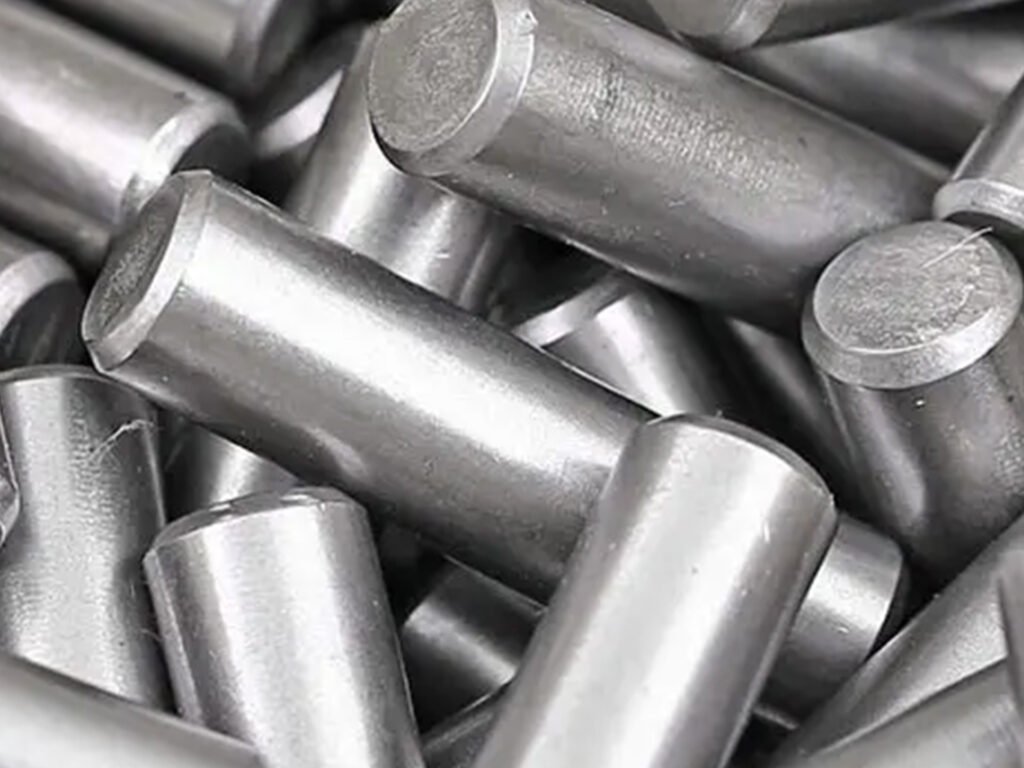
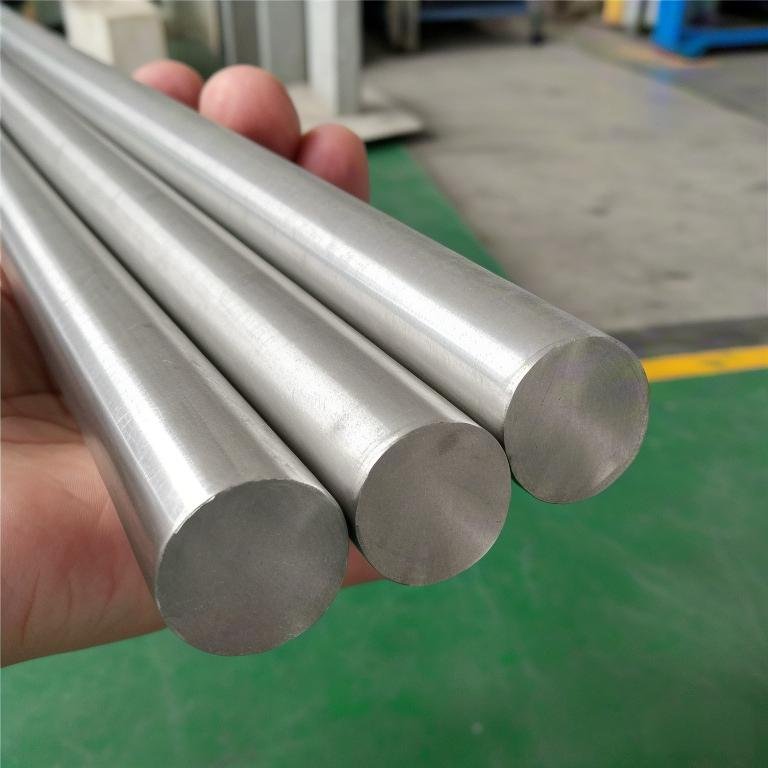
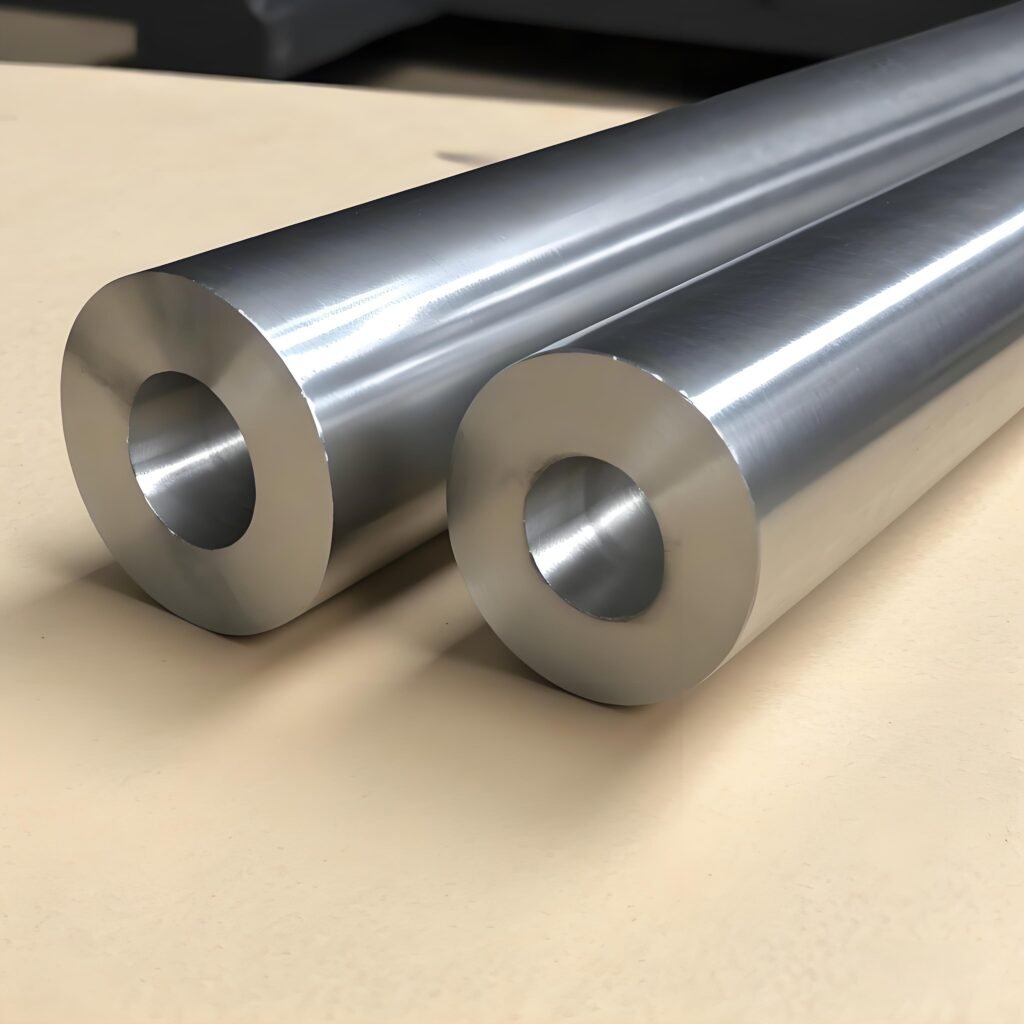
Forging Processes and Metal Compatibility
Hot Forging
Ideal for most forgeable metals, decreasing deformation resistance and refining grain structure.
Cold Forging
Best applicable for especially ductile metals such as aluminum, copper, and low‑carbon steel. Provides super floor great and precision.
Warm Forging
Bridges the advantages of hot and bloodless forging, making it perfect for fairly ductile substances like stainless metal and sure one of a kind alloys (e.g., non‑magnetic steel), minimizing work hardening and floor oxidation.
Forging Difficulty Levels
| Forging Difficulty | Material Examples | Reasoning |
| Easy | Low‑carbon steel, Aluminum alloys | High ductility, low resistance |
| Medium | Alloy steel, Stainless steel, Non‑Magnetic steel | Higher strength, inclined to floor oxidation |
| High | Nickel alloys, Titanium alloys | Require excessive temperatures, protecting atmosphere |
| Not Recommended | Gray forged iron, Carbide alloys | Brittle structure, no plastic deformation ability |
Large Forging Shaft – Engineered for Strength and Precision
Our Large Forging Shafts are crafted the use of superior open-die forging techniques, turning in top notch strength, durability, and dimensional accuracy. Designed for heavy-duty industrial equipment and indispensable equipment, these shafts assurance lengthy provider lifestyles below intense loads, excessive torque, and harsh working conditions.
Factors Influencing Metal Forgeability
Chemical Composition
High‑carbon steels harden quickly, making deformation challenging. Alloys like chromium or molybdenum improve power however complicate forging.
Grain Structure and Heat Treatment
Coarse grain or hardened buildings are greater difficult to forge. Fine‑grain microstructure improves plastic deformation and average feasibility.
Oxidation and Thermal Conductivity
Stainless steel, titanium alloys, and non‑magnetic metal effortlessly structure floor oxides, impacting floor quality. Aluminum alloys dissipate warmth quickly, requiring particular temperature and tooling control.
Common Forged Metal Preferences through Industry
| Industry | Commonly Forged Metals | Reasoning |
| Aerospace | Titanium alloys, Nickel alloys, Non Magnetic steel | High strength to weight, precision, heat resistance |
| Automotive | Carbon steel, Aluminum alloys | Cost effective, durable, strong |
| Energy | Alloy steel, Stainless steel, Non Magnetic steel | Pressure resistance, corrosion resistance |
| Medical Devices | Stainless steel, Titanium alloys | Biocompatibility, reliability |
| Heavy Machinery | Alloy steel, High strength steel | Impact resistance, long fatigue life |
Alloy Steel Forged Bar Supplier – Built for Oil & Gas Performance
With superior mechanical strength, excellent impact resistance, and exceptional fatigue life, forged bars outperform conventional rolled or cast materials in harsh drilling, extraction, and processing environments.
Common Misconceptions: What Metals Are Not Suited for Forging?
Gray Cast Iron: Brittle and inclined to cracking underneath deformation.
Carbide Alloys (e.g., Tungsten): Ultra‑hard with no plastic deformation ability.
Ultra‑High Alloy Steels: Exceptional overall performance however too difficult and expensive for forging.
Alternative Processes When Forging Isn’t an Option
Casting: Ideal for brittle or rather complicated shapes.
Machining: Best for low‑volume, precision parts.
Powder Metallurgy: Enables manufacturing of tough or high‑melting‑point alloys.
Practical Guide: How to Identify if a Metal Is Forgeable
Consult fabric manuals and forging requirements (e.g., ASTM, DIN).
Seek specialist enter from forging suppliers and engineers.
Perform take a look at heats and forging trials to validate feasibility.
Frequently Asked Questions (FAQ)
Can All Metals Be Forged?
No. Only metals with plastic deformation traits can be reliably forged.
Is Aluminum Easier to Forge Than Steel?
Generally, yes. However, the conduct varies substantially between exceptional aluminum alloys.
Is Stainless Steel Forging a Good Choice?
Yes, specifically for functions requiring electricity and corrosion resistance, even though unique procedure controls are required.
What about Non‑Magnetic Steel?
Non‑magnetic steels (e.g., P530/P550) are best for precision drilling, aerospace, and power functions thanks to their special magnetic neutrality and extraordinary electricity characteristics.

